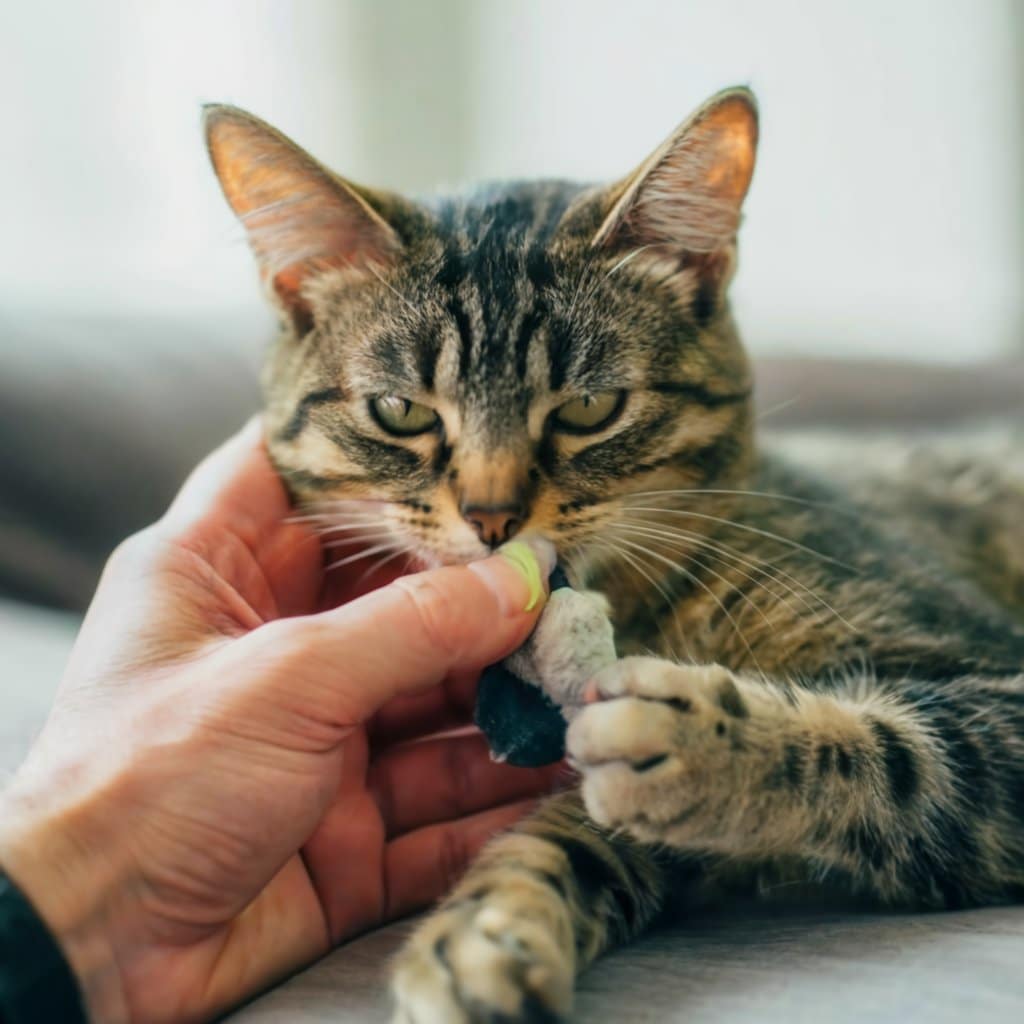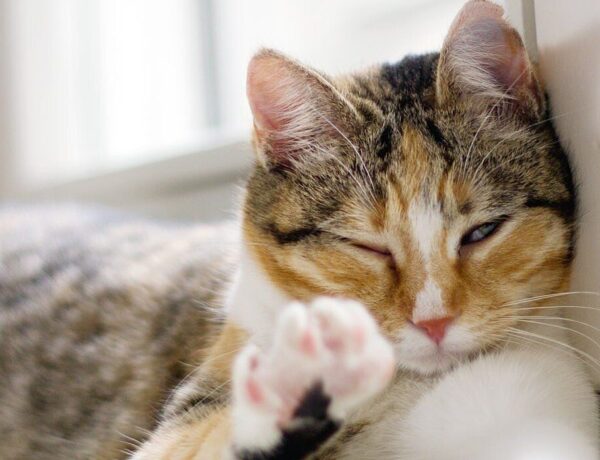Understanding Cat Stress
Stress in cats can arise from various triggers, including changes in their surroundings, loud sounds, or interactions with other animals. By identifying the signs and causes of stress in your cat, you can better address their needs and improve their quality of life.
Causes of Stress in Cats
Various factors can contribute to a cat’s stress. Understanding these causes is the first step in providing effective stress relief.
- Environmental Changes: Moving to a new home, rearranging furniture, or introducing new pets can disrupt a cat’s sense of security.
- Loud Noises: Thunderstorms, fireworks, or household appliances can frighten sensitive cats.
- Lack of Stimulation: Boredom or lack of exercise can lead to stress in indoor cats.
- Health Issues: Illness or discomfort may make a cat more anxious, leading to stress-related behavior.
Recognizing the Signs of Stress in Cats
Observing your cat’s behavior can help you identify if they are stressed. Common signs include:
- Hiding or Avoidance: Cats often retreat to secluded spots when they feel stressed.
- Changes in Appetite: Loss of appetite or overeating can be a stress indicator.
- Aggression or Fearful Behavior: Sudden aggression or fearful reactions can signal distress.
- Litter Box Issues: Urinating outside the litter box is a common stress response in cats.
- Grooming Changes: Over-grooming or lack of grooming can indicate anxiety.
Practical Cat Stress Relief Techniques
Addressing your cat’s stress involves creating a safe and comfortable environment, incorporating play and exercise, and using specific techniques to alleviate anxiety.
Creating a Safe Space for Your Cat
Giving your cat a designated space can help them feel secure and reduce stress. This area should include their favorite bedding, toys, and a litter box.
- Provide Hiding Spots: Cats love enclosed spaces where they can retreat and feel safe.
- Quiet Environment: Keep the area away from loud sounds or high-traffic zones in your home.
Encouraging Play and Exercise
Physical activity helps reduce stress in cats by providing mental stimulation and relieving pent-up energy. Aim for daily play sessions using toys that mimic hunting behaviors.
- Interactive Toys: Use feather wands or laser pointers to engage your cat.
- Climbing and Scratching Posts: Cats benefit from vertical space and scratch-friendly surfaces.
Using Calming Products
Several products are designed specifically for cat stress relief, including calming sprays, diffusers, and collars infused with cat pheromones.
- Cat Pheromone Diffusers: These emit a synthetic version of calming pheromones.
- Herbal Calming Sprays: Sprays containing lavender or chamomile can help soothe stressed cats.
- Calming Cat Collars: Collars infused with calming herbs or pheromones are another effective option.
Natural Remedies for Cat Stress Relief
Natural remedies can also be helpful in reducing stress. Always consult your veterinarian before trying any new supplements or herbs.
- Catnip: Although it stimulates some cats, it can have a calming effect on others.
- Chamomile and Lavender: Safe in small amounts, these herbs can help relax your cat.
- CBD Oil: Consult your vet to determine the correct dosage and usage for CBD oil in cats.
When to Seek Veterinary Help
If your cat’s stress persists despite these interventions, it may be time to seek veterinary assistance. Chronic stress can lead to health issues, so it’s essential to address it promptly.
Working with a Vet to Develop a Stress-Relief Plan
Your veterinarian may suggest behavioral training, anti-anxiety medications, or further testing if there is an underlying health issue.
- Behavioral Therapy: Working with a pet behaviorist can help modify your cat’s responses to stress triggers.
- Medication Options: For severe anxiety, medication may be recommended as part of the treatment plan.
FAQs on Cat Stress Relief
Q1: What are the signs that my cat is stressed?
Common signs of stress include hiding, changes in appetite, litter box issues, and excessive grooming.
Q2: Can I give my cat CBD oil for stress relief?
Yes, some cat owners use CBD oil to relieve stress, but it’s essential to consult with your veterinarian first for proper dosing.
Q3: What is the best way to help a stressed cat adjust to a new home?
Providing a quiet space, using calming pheromones, and giving your cat time to explore at their own pace can help reduce stress in a new home.
Q4: Are there any natural remedies for cat stress?
Yes, chamomile, lavender, and catnip are natural options that can help some cats relax. Always confirm with a vet before trying any new remedies.
Q5: How can I prevent my cat from getting stressed?
Preventative measures include keeping a routine, providing stimulation through toys and scratching posts, and minimizing major changes to their environment.




